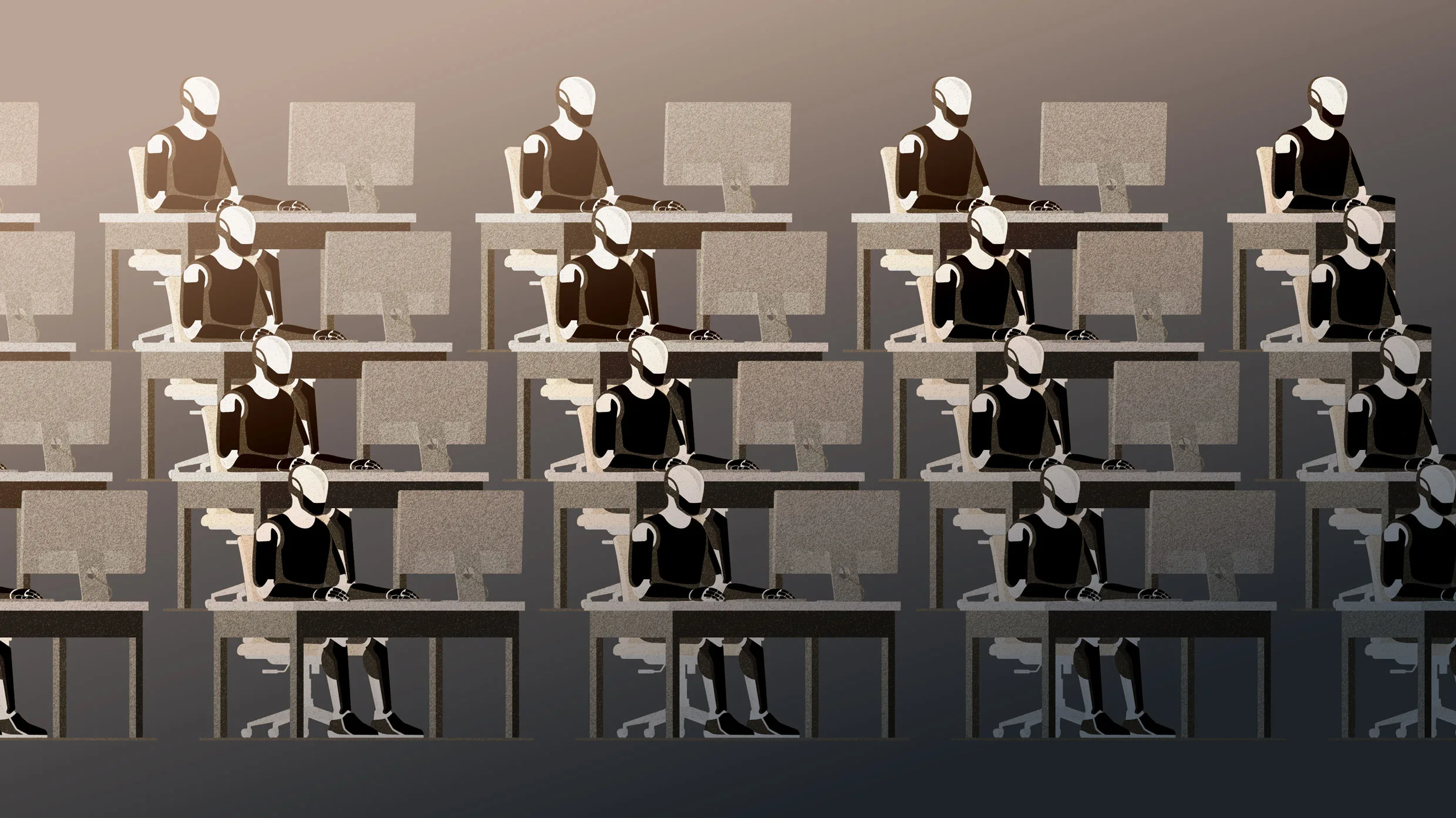
"There's no doubt we are witnessing a quiet shift in labor: artificial intelligence is no longer confined to experimental labs or consumer chatbots, it is now eroding the foundation of human labor in ways that are less visible, but potentially more consequential, than the headlines about " AI assistants" or "superintelligence." Last week, Google abruptly terminated 200 AI contractors, many of them involved in annotation and evaluation work."
"For years, the human labor that powers AI has been hidden behind the curtain: underpaid annotators in developing countries, moderators exposed to traumatic content, contractors who quietly clean and structure data so models can be trained. These jobs were rarely acknowledged, let alone respected. Now they are being erased altogether, as companies shift from human-in-the-loop to automation-in-the-loop. The question is not only about employment."
Artificial intelligence is shifting from experimental tools to systems that reduce reliance on human labor, eroding jobs that provide oversight and judgment. Major companies have cut contracts for annotators and evaluators who perform annotation, rating, and evaluation work, citing ramp-downs amid low pay and insecurity. Executive warnings predict displacement of many white-collar roles within five years. Historically hidden labor—underpaid annotators, traumatic-content moderators, and data cleaners—has enabled model training and cultural nuance. Automation replacing human-in-the-loop functions removes moral reasoning and contextual judgment, deepening blind spots, multiplying errors, and increasing risk even as systems continue operating.
Read at Fast Company
Unable to calculate read time
Collection
[
|
...
]